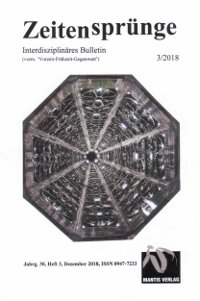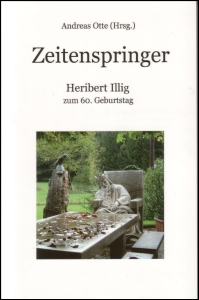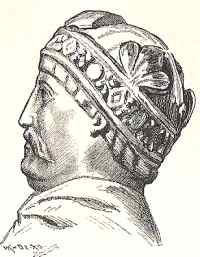Scientists to Meet near D.C. in July to Discuss Alternatives in Physics, Cosmology, and Science
College Park, Maryland – May 20, 2011 – The Natural Philosophy Alliance (NPA) announces its 18th Annual NPA Conference and second Public Science Day from July 6 – 9, 2011 at the University of Maryland, in College Park. Independent scientists from around the world will be on hand for three days for lectures and group meetings and a day of experiments, demonstrations, thought provoking lectures, and comradery. The public day is part of a 4-day scientific conference which challenges mainstream ideas on such topics as relativity, cosmology, and physics. This year, the NPA will be joining forces with the Thunderbolts Project, an Internet voice for the “Electric Universe,” as scientists from around the world continue their road to convergence with new ideas in science.
The first three days of the conference will include over 60 talks on such topics as electromagnetism, structures, aether, gravity, electric universe, the expanding / growing earth and universe, new energy among others. There will also be group meetings, some private, on gravity, the path ahead for the Electric Universe, structures, and electromagnetism, to name a few.
The fourth day is a free public day open to all. Public day speakers include Gerald Pollack, and Tom Valone, and Neal Adams. Dr. Gerald Pollack will explore many surprising and largely overlooked electrical properties of water, and their far-reaching implications. Neal Adams will contrast conventional subduction models with the growing earth concept. Rounding out the three speakers, Dr. Tom Valone will review the latest research related to Zero Point Energy and its potential as an energy source.
Public day will also include many demonstrations and experiments that will interest the public. Some of the demonstrations include various alternative models to the structure of atoms and sub-atomic particles, experiments and demonstrations with light, the abiotic production of oil (oil coming from within the earth and not as fossils), among others. All demonstrations challenge conventional ideas of science and should be very exciting to the public.
Friday evening, the NPA will host a banquet where they will honor three seasoned scientists with the third annual Sagnac Award, the Noble Prize of independent physics. This year’s life-time scientific achievement awards go to Dr. Mahmoud Melehy and Dr. Halton Arp. Dr. Melehy receives the award for his work on the electrical nature of surface interactions and their connection with thermodynamics. Dr. Halton Arp single-handedly discovered “intrinsic redshift”, variations in redshift that depend on a star’s local environment rather than merely distance, and catalogued numerous unusual galaxy types. A third Sagnac award in the new category, for life-time scientific support, will go to Neal Munch, long-time member of the NPA for his invaluable work in sustaining the NPA organization for more than 15 years.
For more information, call 310-991-5744, email contact@worldnpa.org, or visit the website http://conf18.worldnpa.org.
About The Natural Philosophy Alliance
Founded in 1994 by the late John C. Chappell, the Natural Philosophy Alliance (NPA) is a forum for independent scientific ideas organized to hold scientific conferences. The NPA has met annually in various cities across the United States to share, discuss and debate scientific ideas ranging from relativity and aether theories to Tesla concepts in energy, from quantum mechanics to expanding earth, from gravity to cosmology and the Big Bang, from cold fusion to structural models of the atom. Over the years, the NPA community has fostered an ethic of tolerance, giving all serious researchers a hearing. As a result, though not all NPAers agree on what’s right in science, they claim a surprising unity about what’s wrong.
About The World Science Database
Founded in 2008, the World Science Database (WSD) (http://www.worldsci.org) profiles scientists working outside the mainstream. The WSD provides links to thousands of abstracts and scientific papers from over 100 independent scientific journals and hundreds of independent scientific conferences, since 1990. The WSD is the largest collection of non-mainstream scientific papers ever assembled with over 2000 scientists from over 60 countries.
The Thunderbolts Project
The Thunderbolts Project is an informal gathering of scientists and independent researchers who are skeptical about directions in the theoretical sciences today. It is not a formal organization but a collaborative voice for the “Electric Universe.” In books, papers, and documentaries the group emphasizes the role of electricity both in deep space and in catastrophic events that altered earth’s history and human history. You can visit their website at http://www.thunderbolts.info.
Contact:
David de Hilster
david@worldnpa.org
Long Beach, CA
Ph: 310-991-5744




